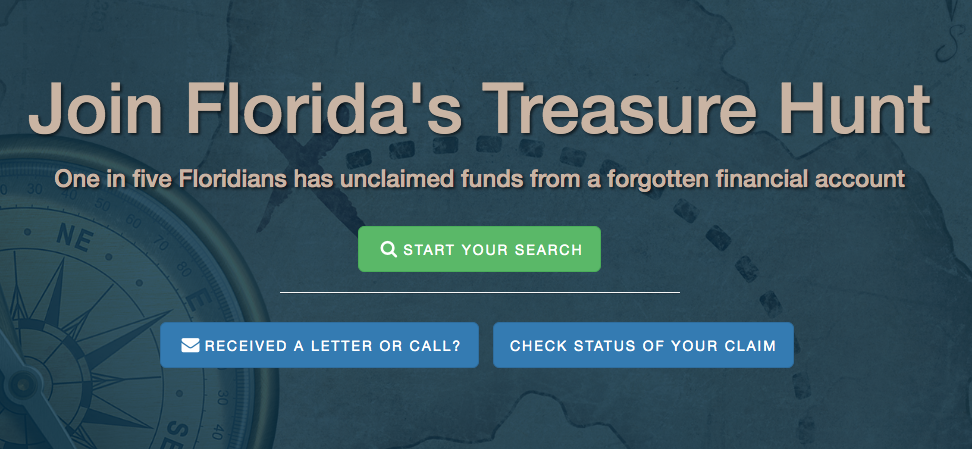Last month my best friend flew to Chicago to attend my book launch party for “Get Your Money Right .” After shopping around for her ticket, I have to say—don’t let the low price fool you.
Especially when it comes to Spirit Airlines. On the surface it looks like you’re getting a real bargain. But once you start adding in the extra fees, you may be shocked to find out how much your trip really costs. I’m not talking about the standard fees like for security, facility and taxes either.
With Spirit Airlines she paid $16.99 just to buy her ticket online. They call it a “passenger usage fee” and you pay it each way. So it costs you about $34 roundtrip. Who buys tickets at the airport these days? The airfares are probably higher in person anyway.
Then she had to pay another $30 to carry on her luggage. Yes, you read that right. Spirit charges you for bringing on carry on bags. And there was no way around it because she needed clothes for the weekend. At least she saved $5 for paying in advance.
That’s close to $50 in extra charges on a one-way ticket. After using her $25 coupon code, Spirit was still the cheapest option for a one-way ticket. When shopping around, I encourage you to take into account any additional fees to find the best deal. For example, a round trip ticket on Spirit Airlines purchased online with carry on luggage both ways could cost you an additional $94.
The good news is that the government has made it easier to compare ticket prices across airlines. Starting on January 26th, all airlines are now required to provide full fare advertising including taxes and mandatory fees (so you still have to check optional fees).
According to the Department of Transportation press release – January 23, 2012:
Also beginning this week, passengers will be able to hold a reservation without payment, or cancel a booking without penalty, for 24 hours after the reservation is made, if they make the reservation one week or more prior to a flight’s departure date. In addition, airlines will be required to promptly notify passengers of flight delays of over 30 minutes, as well as flight cancellations and diversions, and they will generally be prohibited from increasing the price of passengers’ ticket after it is bought.
The new rules also will make it easier for passengers to determine the full price they will have to pay for air transportation prior to travel. Currently, airlines and ticket agents are allowed to publish ads that list government-imposed taxes and fees separately from the advertised fare, as long as these taxes and fees are assessed on a per-passenger basis. However, sometimes the notice of these taxes and fees is not obvious to consumers. Under the new requirements, all mandatory taxes and fees must be included together in the advertised fare. The advertising provision takes effect Jan. 26, 2012 while all of the other consumer protections go into effect on Jan. 24 of this year.
In addition, airlines and ticket agents will be required to disclose baggage fees to consumers when they book a flight online.
Check out the articles below for more information on the new airline rules:
New airline pricing rules: what it means for you
New rule on advertised airfares begins — and Spirit isn’t happy
Do you have any thoughts on the government’s new airline requirements?




